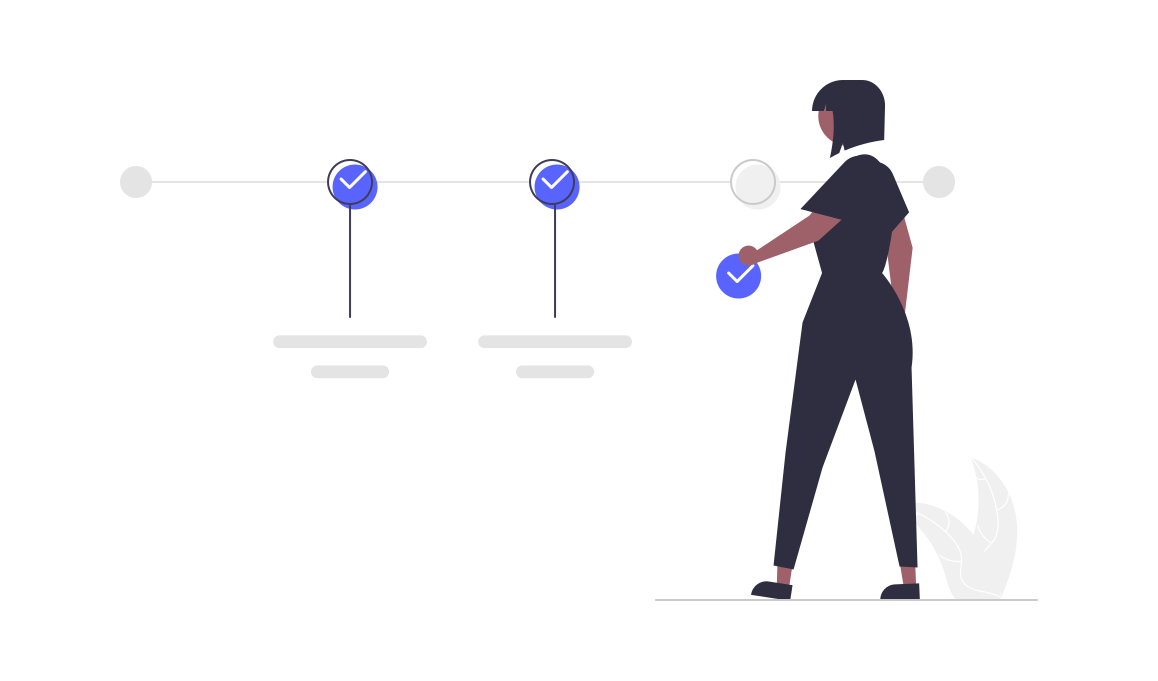Unleashing the Power of Mass Messaging on WhatsApp: Connecting in a Single Tap!
In today's digital age, communication has evolved tremendously, and one prominent tool that has revolutionized interpersonal connections is WhatsApp. The concept of mass messaging on WhatsApp, involving WhatsApp blast messages to multiple recipients simultaneously, has gained substantial popularity. This article delves into the implications, benefits, challenges, and considerations of mass messaging on WhatsApp.

01
The Advantages of Mass Messaging on WhatsApp
Mass messaging on WhatsApp has brought about several benefits to individuals, businesses, and organizations alike. Firstly, it offers an efficient way to disseminate information to a large audience in real-time. For instance, consider a local non-profit organization organizing a fundraising event. With mass messaging, they can instantly notify their supporter base about the event details, donation options, and the cause's importance. This immediate outreach helps boost participation and support.
Moreover, mass messaging can foster engagement and interactions. Businesses can send out exclusive offers to their customers, inviting them to engage by clicking on links or replying to messages. This interactivity not only keeps the audience engaged but also provides valuable insights into customer preferences and behaviors. As a result, companies can tailor their future messaging strategies for better outcomes.
Additionally, the global reach of WhatsApp means that mass messages can connect with recipients across borders, transcending geographical limitations. This is especially advantageous for international businesses or organizations working on global campaigns. Mass messaging on WhatsApp not only saves time but also significantly reduces the costs associated with traditional mass communication methods.
02
Challenges and Ethical Considerations
While mass messaging on WhatsApp presents numerous advantages, it's not without its challenges and ethical considerations. One major challenge is avoiding the perception of spam. Sending unsolicited messages to individuals who haven't opted to receive them can lead to annoyance and a negative brand image. This is where the importance of permission-based marketing comes into play. Businesses and individuals should obtain explicit consent from recipients before including them in their mass messaging lists.
Ethical considerations also come into play when handling personal data. Respecting privacy and adhering to data protection regulations like GDPR is paramount. This means being transparent about data usage, allowing recipients to opt-out easily, and safeguarding their information from unauthorized access. Striking a balance between promotional content and privacy concerns is vital to ensure that mass messaging remains an effective and ethical communication strategy.
Furthermore, the relevance of the message is crucial. Tailoring the content to the interests and preferences of the recipients can mitigate the risk of messages being dismissed as spam. For example, a fashion retailer can segment their mass messaging list based on customer preferences, sending targeted messages about specific clothing lines that align with each customer's style choices.


03
Strategies for Effective Mass Messaging
Crafting an effective mass messaging campaign on WhatsApp requires careful planning and execution. One key strategy is audience segmentation. By categorizing recipients based on demographics, preferences, or previous interactions, businesses can send messages that resonate with specific groups. This personalization not only captures recipients' attention but also enhances the chances of conversions.
Moreover, utilizing multimedia elements can significantly enhance the impact of mass messages. For instance, an electronics manufacturer launching a new product can include images and videos showcasing its features, functionality, and benefits. Visual content tends to be more engaging and shareable, increasing the likelihood of recipients sharing the message with their contacts.
Timing is another crucial factor. WhatsApp blast messages during periods of higher activity can improve the chances of them being read and acted upon. For example, a restaurant can send out a mass message containing a lunchtime discount offer just before noon. This increases the likelihood of potential customers seeing the message while making lunch plans.
04
Future Trends and Considerations
Looking ahead, the landscape of mass messaging on WhatsApp is likely to evolve. As technology advances, AI-powered chatbots could play a more significant role in facilitating conversations and addressing inquiries in real-time. This can enhance customer experiences and streamline interactions. However, it's essential to strike a balance between automation and the human touch to avoid alienating recipients.
Furthermore, staying updated with WhatsApp's policies and any changes in regulations related to mass messaging is crucial. Regulatory changes, such as new data protection laws, can impact how businesses collect, store, and use customer data for mass messaging. By staying informed and adaptable, businesses can ensure compliance and maintain a positive reputation while leveraging the power of mass messaging.


05
Frequently Asked Questions
1. What is mass messaging on WhatsApp?
Mass messaging on WhatsApp refers to the practice of sending the same message to multiple recipients simultaneously using the WhatsApp Blast Free platform.
2. Can businesses use mass messaging on WhatsApp?
Yes, businesses often utilize WhatsApp Blast Free to disseminate promotional content, share important updates, and engage with their customer base efficiently.
3. How can I avoid being perceived as a spammer when mass messaging?
To avoid being seen as a spammer, ensure that recipients have opted to receive messages from you. Provide valuable and relevant content, personalize messages, and allow recipients to opt-out easily.
4. Are there any legal considerations with mass messaging?
Yes, respecting data protection and privacy laws is crucial. Ensure that you have explicit consent to send messages to recipients, and provide a clear way for them to unsubscribe from further communications.
5. What's the future of mass messaging on WhatsApp?
The future likely involves more advanced automation through AI-powered chatbots, greater personalization, and a need for businesses to adapt to evolving regulations and user preferences to maintain effective communication.
Embracing Effective Communication
In conclusion, the advent of mass messaging on WhatsApp has transformed how we communicate with large audiences. The ability to reach numerous individuals simultaneously brings both advantages and challenges. By strategizing thoughtfully, adhering to ethical guidelines, and keeping an eye on future trends, individuals and businesses can harness the power of WhatsApp Blast Free to foster meaningful connections and achieve their communication goals.